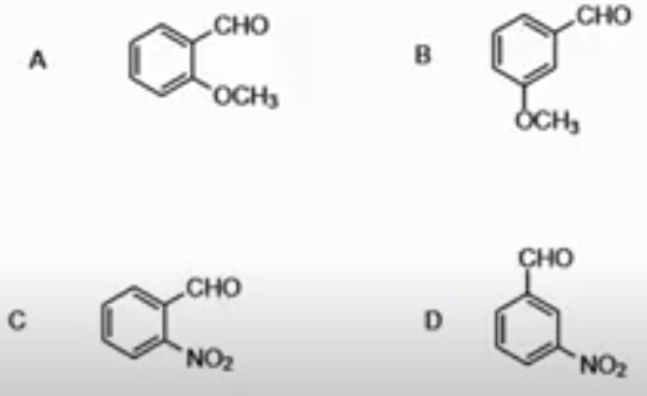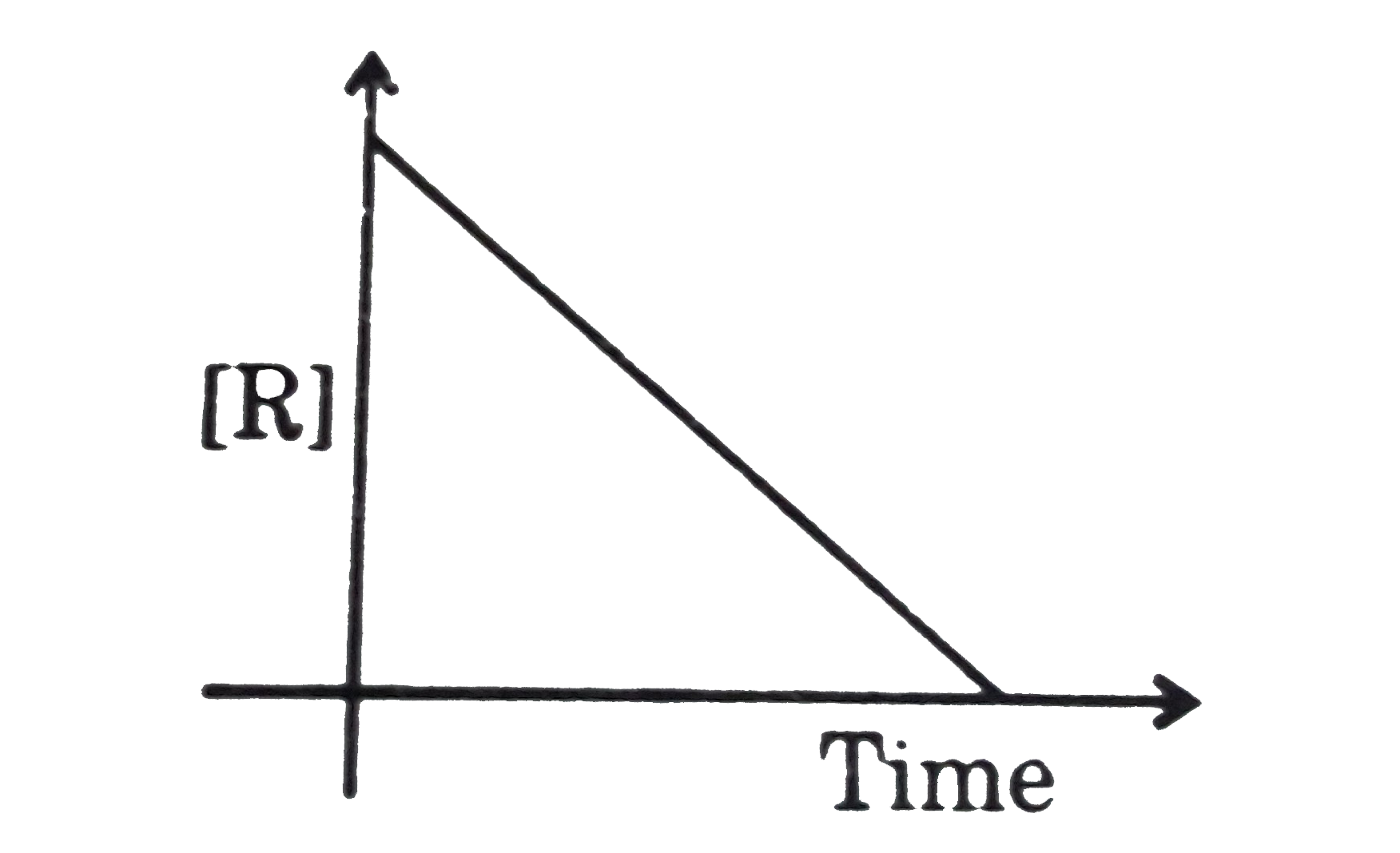order of reaction is
never zero
never fractional
always equal to number of molecules taking part in reaction
an experimentally determined quantity
The correct Answer is:D
Step by step video, text & image solution for order of reaction is by Chemistry experts to help you in doubts & scoring excellent marks in Class 12 exams.
Topper's Solved these Questions
- BOOK - MARVEL PUBLICATIONCHAPTER - CHEMICAL KINETICSEXERCISE - TEST YOUR GRASP50videos
CHEMICAL KINETICS
- BOOK - MARVEL PUBLICATIONCHAPTER - BIOMOLECULESEXERCISE - TEST YOUR GRASP40videos
BIOMOLECULES
- BOOK - MARVEL PUBLICATIONCHAPTER - CHEMICAL THERMODYNAMICS AND ENERGETICSEXERCISE - MULTIPLE CHOICE QUESTIONS (TEST YOUR GRASP)50videos
CHEMICAL THERMODYNAMICS AND ENERGETICS
Similar Questions
Knowledge Check
- Question 1 - Select One
Which one the following statement for order of reactions is not correct ?
AOrder can be detemined experimentallyBOrder of reaction is equal to sum of powrs of concentration temrs in differential rate law.CIt is not affected by the by the stoichiometric coefficient of the reactants.DOrder cannot be fractional. - Question 2 - Select One
Which of the following statements is correct regarding order of reaction
AOrder can be determined experimentallyBOrder of reaction of concentration terms in different rate law .CIt is not affected with the stoichiometricoefficient of the reactantsDOrder can't be fractional . - Question 3 - Select One
Which of the following is incorrect about the order of reaction ?
AIt is calculated experimentallyBIt is sum of powers of concentrations in rate law expressionCThe order of reaction cannot be fractionalDThere is not necessarily a connection between order and stoichiometry of a reaction
Arrange the following in increasing order of reaction with HCN
 View Solution
View SolutionDefine 'order of a reaction'.
View SolutionThe order of reaction may be a fractional number.
View SolutionWhich of the following is not used to find the order of reaction ?
View SolutionAdjoining graph is for a reaction which have only single reactant (R) and order of reactions depends only on that single reactant then possible order of reactions depends only on that single reactant then possible order of reaction may be:
 View Solution
View Solution

